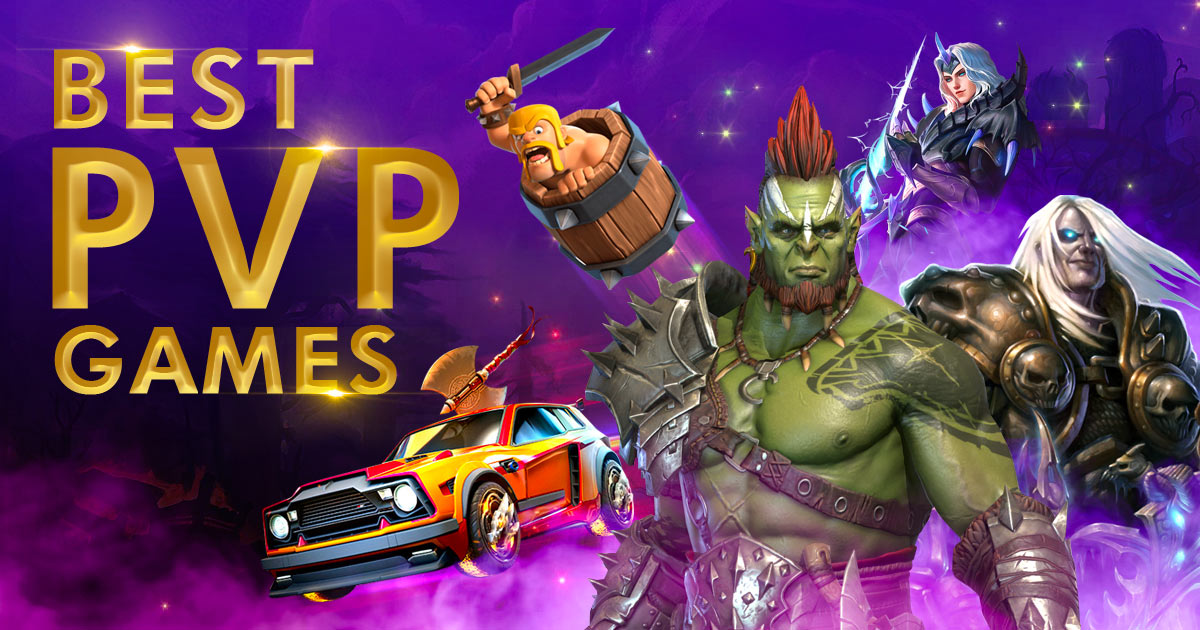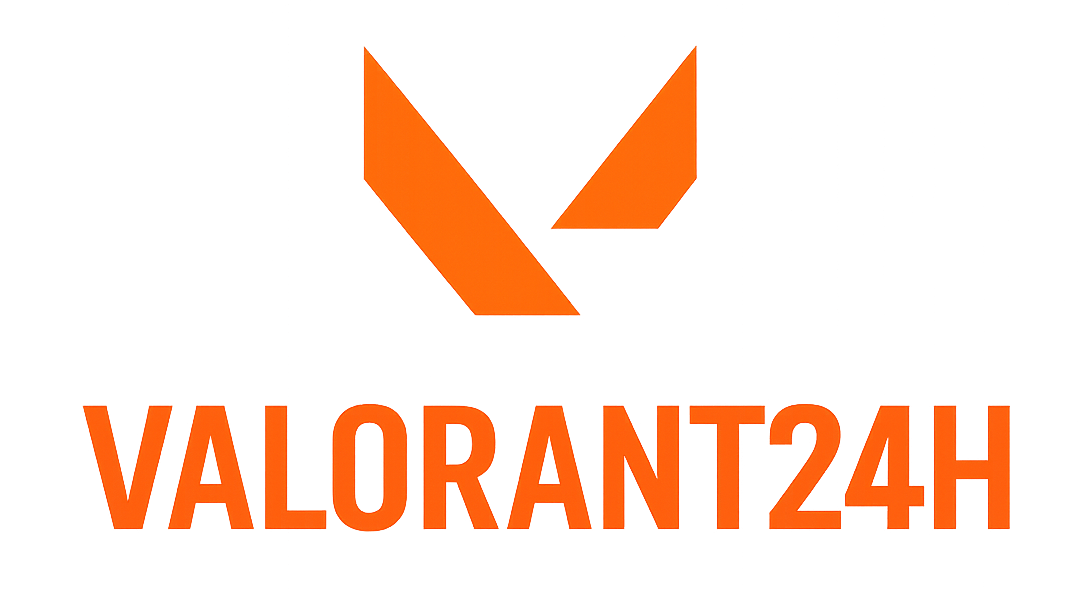
The Thrill of the Fight: A Deep Dive into the World of Online PvP Fighting Games
The clash of fists, the flurry of kicks, the anticipation of the perfect counter – these are the hallmarks of the fighting game genre. But in the digital age, the arcade has been replaced by the internet, and the local rivalry has blossomed into a global battlefield. Online Player-versus-Player (PvP) fighting games have evolved from simple novelties to complex, strategic, and highly competitive ecosystems, captivating players with their depth, skill ceiling, and the sheer adrenaline rush of outwitting a real opponent.
This article will delve into the fascinating world of online PvP fighting games, exploring their evolution, core mechanics, the challenges and rewards they offer, and the vibrant communities that keep them thriving.
From Arcades to Arenas: The Evolution of Online Fighting
The genesis of online fighting games can be traced back to the early days of online gaming. Initially, the technology was limited, resulting in laggy connections and frustrating experiences. However, as internet speeds improved and developers gained a better understanding of netcode – the programming that governs online interactions – the dream of seamless online combat began to materialize.
Games like Street Fighter II and Mortal Kombat laid the foundation for the genre, but it was titles like Quake and Unreal Tournament that pioneered early forms of online multiplayer. These games, though not strictly fighting games in the traditional sense, showcased the potential for real-time, competitive interaction over the internet.
The early 2000s saw the rise of dedicated online fighting game platforms. Games like Guilty Gear X2 and Virtua Fighter 4: Evolution experimented with online modes, but they were often plagued by connection issues and limited features. However, they served as crucial learning experiences for developers, paving the way for more sophisticated online experiences.
A pivotal moment arrived with the release of Street Fighter IV in 2008. Boasting robust online matchmaking, replay functionality, and a deep combat system, Street Fighter IV revitalized the fighting game community and ushered in a new era of online competition. Its success proved that online fighting games could be both technically viable and immensely popular.
Since then, the genre has continued to evolve, with titles like Tekken 7, Dragon Ball FighterZ, Mortal Kombat 11, and Guilty Gear Strive pushing the boundaries of visual fidelity, gameplay complexity, and online functionality. These games have embraced rollback netcode, a revolutionary technology that significantly reduces input delay and creates a smoother, more responsive online experience.
The Core Mechanics of Online Fighting Games
At their heart, online PvP fighting games revolve around a set of core mechanics that demand precision, strategy, and adaptability. Understanding these elements is crucial for anyone looking to master the genre:
-
Character Selection: Each game boasts a roster of unique characters, each with their own strengths, weaknesses, and playstyles. Choosing the right character is a critical first step, as it determines your available tools and overall approach to combat. Some characters are aggressive rushdown specialists, while others excel at zoning opponents with projectiles or grappling them into submission.
-
Movement and Spacing: Mastering movement is paramount. Knowing how to dash, backdash, jump, and block effectively is essential for positioning yourself advantageously and avoiding enemy attacks. Spacing, the art of maintaining the optimal distance from your opponent, is equally important. It allows you to control the flow of the fight, punish mistakes, and set up your own offensive opportunities.
-
Attacks and Combos: Fighting games are defined by their intricate attack systems. Each character has a repertoire of normal attacks, special moves, and super moves, each with its own properties and applications. Learning how to link these attacks together into combos is crucial for maximizing damage and applying pressure. Combos often require precise timing and execution, demanding hours of practice to master.
-
Blocking and Defense: Offense is important, but defense is just as crucial. Blocking is the most fundamental defensive tool, allowing you to mitigate damage from incoming attacks. However, simply holding block is not enough. You must also learn to recognize different attack types, react accordingly, and punish your opponent’s overextensions. Techniques like parrying, reversals, and pushblocking can further enhance your defensive capabilities.
-
Meter Management: Many fighting games feature a meter system that allows players to perform enhanced versions of special moves, super moves, or defensive maneuvers. Managing this meter effectively is a key aspect of strategic gameplay. Knowing when to save your meter for a devastating super move and when to use it for a crucial defensive option can be the difference between victory and defeat.
-
Mind Games and Reading Your Opponent: Beyond the technical aspects, fighting games are also about psychology. Predicting your opponent’s actions, baiting them into making mistakes, and adapting to their playstyle are all essential skills. This requires careful observation, pattern recognition, and a willingness to experiment with different approaches.
The Challenges and Rewards of Online Competition
Online PvP fighting games offer a unique set of challenges and rewards that appeal to a wide range of players:
Challenges:
- High Skill Ceiling: Mastering a fighting game requires a significant investment of time and effort. The learning curve can be steep, and the competition can be fierce. It takes dedication, patience, and a willingness to learn from your mistakes to climb the ranks.
- Execution Demands: Many fighting game techniques require precise timing and execution. Even the simplest combos can be difficult to perform consistently under pressure. This can be frustrating for new players, but it also adds a layer of depth and complexity to the genre.
- Mental Fortitude: Fighting games are mentally demanding. You must be able to stay focused, adapt to changing situations, and maintain your composure even when facing adversity. Losing streaks can be discouraging, but it’s important to stay positive and continue to learn.
- Online Lag and Netcode: While rollback netcode has significantly improved the online experience, lag can still be a factor in some matches. Dealing with input delay and unpredictable connections requires patience and adaptability.
Rewards:
- Sense of Accomplishment: Overcoming these challenges and mastering a fighting game can be incredibly rewarding. The feeling of executing a difficult combo, outsmarting a skilled opponent, and climbing the ranks is unmatched.
- Strategic Depth: Fighting games are not just about button mashing. They require careful planning, strategic decision-making, and the ability to adapt to different situations. This intellectual challenge can be highly stimulating.
- Personal Growth: Playing fighting games can improve your reflexes, hand-eye coordination, and problem-solving skills. It can also teach you valuable lessons about perseverance, resilience, and the importance of learning from your mistakes.
- Community Connection: The fighting game community is a vibrant and supportive group of players from all walks of life. Connecting with other players, sharing strategies, and competing in tournaments can be a highly rewarding experience.
The Thriving Fighting Game Community (FGC)
The heart of the online PvP fighting game scene is the Fighting Game Community (FGC). This global network of players, organizers, and enthusiasts is responsible for keeping the genre alive and thriving.
The FGC is characterized by its passion, dedication, and willingness to help new players learn the ropes. Online forums, Discord servers, and social media groups provide platforms for players to connect, share strategies, and organize online tournaments.
Local and regional tournaments are also a crucial part of the FGC ecosystem. These events provide opportunities for players to compete in person, test their skills against top competitors, and build relationships within the community.
Major tournaments like EVO (Evolution Championship Series) attract thousands of players from around the world and showcase the highest level of fighting game competition. These events are streamed online to millions of viewers, further solidifying the popularity and legitimacy of the genre.
The Future of Online Fighting Games
The future of online PvP fighting games looks bright. As technology continues to advance, we can expect to see even more innovative gameplay mechanics, improved netcode, and more immersive online experiences.
Virtual Reality (VR) fighting games are beginning to emerge, offering a new level of immersion and control. Cloud gaming services have the potential to make fighting games more accessible to players with limited hardware.
The esports scene will continue to play a major role in the growth of the genre. Increased viewership and sponsorship opportunities will attract more players and investment, further driving innovation and competition.
Ultimately, the enduring appeal of online PvP fighting games lies in their unique blend of skill, strategy, and competition. The thrill of outwitting a real opponent, the satisfaction of mastering a complex combo, and the camaraderie of the FGC will continue to draw players into the arena for years to come. So, pick your character, hone your skills, and prepare to fight – the online battlefield awaits.

